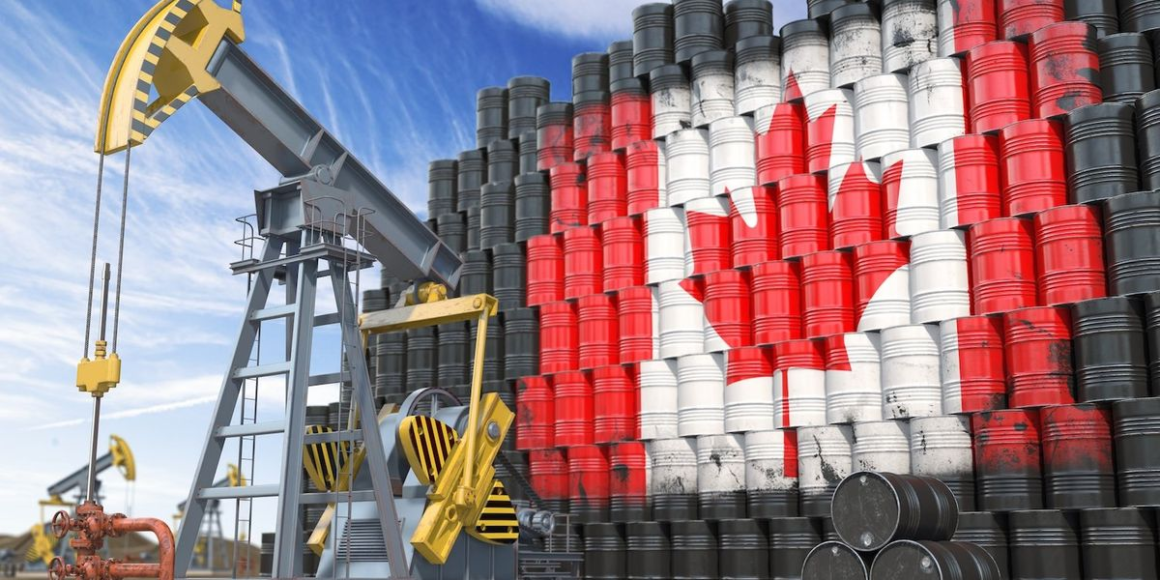The strategic move involves the sale of assets, including Flat Lake and Battrum, for cash consideration of C$600 million.
The assets being divested are projected to contribute 13,500 barrels of oil equivalent per day (boe/d) over the next year, predominantly in oil and liquids. This divestment is part of Crescent Point’s broader goal of streamlining its operations and focusing on core assets, as evidenced by the recent closure of other non-core asset sales.
During Q1, Crescent Point sold its Swan Hills and Turner Valley assets for C$140 million.
On the back of this news, the company has revised its 2024 average production guidance to a range of 191,000 to 199,000 boe/d, reflecting a reduction of 7,000 boe/d compared to its prior guidance range midpoint.
Crescent Point said proceeds from the non-core dispositions will be used to reduce its outstanding debt.
Since 2021, Crescent Point has been actively engaged in major acquisitions, particularly in the Montney and Kaybob Duvernay oil and gas regions of Northwest Alberta.
“As Crescent Point effectively completes its transformation with its asset sale for C$600-million (slightly more than our expectations given AROs/3rd quartile inventory), its improved balance sheet and ROC metrics for the years ahead may make CPG a ‘premium name’. In time, a premium multiple should reflect this,” he said.
Shares of the company rose following the news, reaching C$12.18 early on Tuesday (May 7), before pulling back slightly.
The 1,150 kilometer pipeline, which is operated by the federal government’s Trans Mountain Corporation, is linked to an existing pipeline that was constructed in 1953 and provides a connection between Alberta and BC. Collectively, the twin pipelines are anticipated to transport approximately 890,000 barrels of oil per day to the west coast.
TMX cost over US$25 billion to build, and Canada’s Liberal government was forced to buy it in 2018. As the country looks to sell the operation, experts have doubts about whether it will be able to recoup its costs.
As the government goes through its options, Ottawa plans to start collecting tolls on the barrels passing through TMX daily, estimated at C$11.46 per barrel, potentially totaling nearly C$4 billion annually.
Securities Disclosure: I, Giann Liguid, hold no direct investment interest in any company mentioned in this article.


Leave a Reply